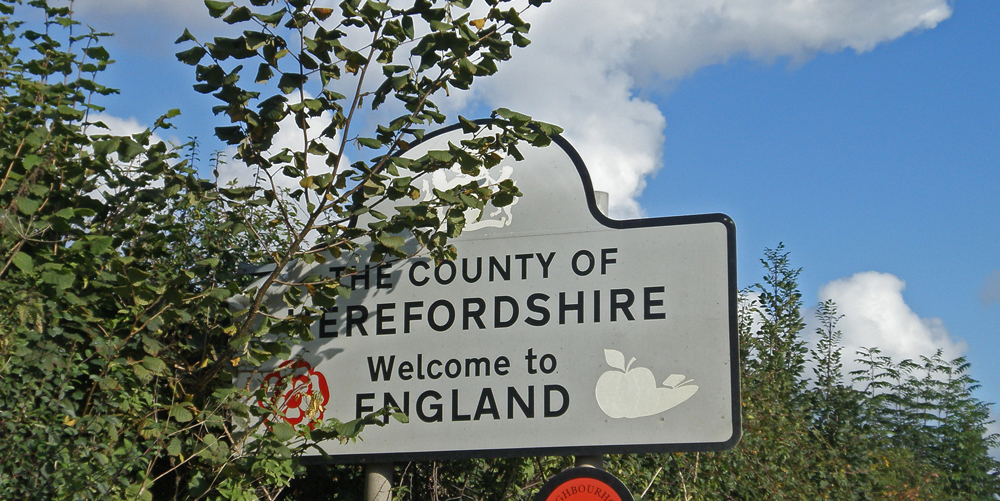Three Lions? The three ways Labour must win England
There has been a welcome upsurge of interest in the challenges facing Labour in England, with the Fabian Society prominent in actively promoting the debate. More and more activists, councillors and MPs understand that Labour needs to have a focused...
There has been a welcome upsurge of interest in the challenges facing Labour in England, with the Fabian Society prominent in actively promoting the debate. More and more activists, councillors and MPs understand that Labour needs to have a focused appeal to England.
As a new English Labour Network is launched this week – to be ‘for Labour in England, and for England in Labour’ – it’s worth unpicking the three key challenges.
The first is both electoral and democratic. Despite our strength in Wales and welcome recovery in Scotland, Labour can’t rely on Welsh or Scottish MPs to give us a UK majority if we continue to underperform in England. Despite the surge in support, Labour is 70 MPs behind the Tories in England after the 2017 election. To be sure of a UK majority, we aim to win a majority of English seats.
In any case, it is surely going to be harder and harder to use Labour MPs from outside England to impose policies that English voters don’t want. The last Labour government relied on Welsh and Scottish Labour MPs to impose tuition fees and foundation trusts that many English Labour MPs didn’t want. It was unpopular with the public (and English MPs) then and the reaction will be worse in the future. A Labour government would have to repeal English Votes for English Laws, making it all too clear that we lacked legitimacy to govern England.
The second challenge is constitutional. Our 2017 manifesto went significantly further in recognising the political identity of England. Not only was the commitment to a constitutional convention to explore a federal UK repeated, but Labour also promised a ‘relationship of equals’ with Wales and Scotland, and a minister for England. This is welcome, but needs fleshing out. For example, Labour wants the EU Repeal Bill to devolve agricultural and fishing policy to Wales, Scotland and Northern Ireland. But who will make policy for England? It surely can’t be a UK government that also includes those three nations (and which, as it stands, would make English agricultural policy dependent on the goodwill of the DUP). Labour must provide a clear English voice in debates about the future constitution of the UK.
Labour itself needs a distinct English voice too. One reason that England remains so centralised is that our debates on devolution have too often been dominated by the interests of Wales and Scotland. If Labour in England had been able to sort out its own priorities, with the proper influence of Labour leaders in local councils and mayoral authorities, devolution might have happened years ago.
The third challenge is cultural. Labour lags in support from those who identify as ‘English not British’, or ‘more English than British’, and the same voters were most likely to vote Leave. It wasn’t always like this. In 2001, there was little difference in Labour’s support amongst English and British identifying voters. A gap has grown, particularly in those working-class communities and amongst those older voters who have been most disconcerted by social and economic change and by the rapid and unexpected pace of immigration. It’s no exaggeration to say that Labour would be in power today with a comfortable majority if English identifying voters had given us the same support as British identifiers.
This is now a pressing issue for our practical politics. The seats that will determine the next election are primarily those where key voters are more likely to feel English, or as strongly English as they are British. Those seats have fewer of the younger, more middle class, and Remain voters who backed us so strongly in 2017.
English identity, and a strong sense of English and British patriotism, do not exist in a vacuum. They tend to be strongest in working-class communities where more people finished formal education earlier, and amongst older voters. Concerns about security, law and order, and migration are also stronger here. That leads some to argue that national identity is politically irrelevant (or worse, that it strengthens ‘bad attitudes’), and that Labour should focus on the ‘real issues’ that concern people.
But we all want to be respected for who we are, whether our primary identity is national, local, faith, ethnic or sexuality, or a mix of these. By ignoring English identity in our language, our conversation and our policies, we leave the impression that we don’t want to engage with those for whom England and Englishness is important. It’s not so much unfurling a St George’s cross – though we certainly should not fear our own national flag – as saying ‘England’ when we mean England, and having a vision for England as well as the UK.
The English Labour Network wants to support activists, councillors and MPs to win all three English challenges. We don’t want to be another blog site with endless ‘what Labour should do next?’ postings, but to provide practical support. Which campaigns work with which voters? How can we engage with Englishness without needing to concede to the racist and xenophobic views we will sometimes encounter? And we will want to celebrate English Labour in action, whether shaping communities through town halls, or campaigning for change on the ground.
The English Labour Network has initial support from across the party, including Jon Cruddas MP, Shabana Mahmood MP, Liam Byrne MP, Cllr Judith Blake (Leeds City Council), Cllr Alice Perry (Islington Council), Cllr Vince Maple (Medway Counci)l, Sam Tarry (TASSA – personal capacity) Dr Emily Robinson (Sussex Uni), Mike Kenny (Cambridge), Jonathan Rutherford (writer), Polly Billington (former candidate, Thurrock), Paul Hilder (founder of Crowdpac), Morgan McSweeney (Labour Together), Scott Langford (campaigner). The coordinator is Joe Jervis.

